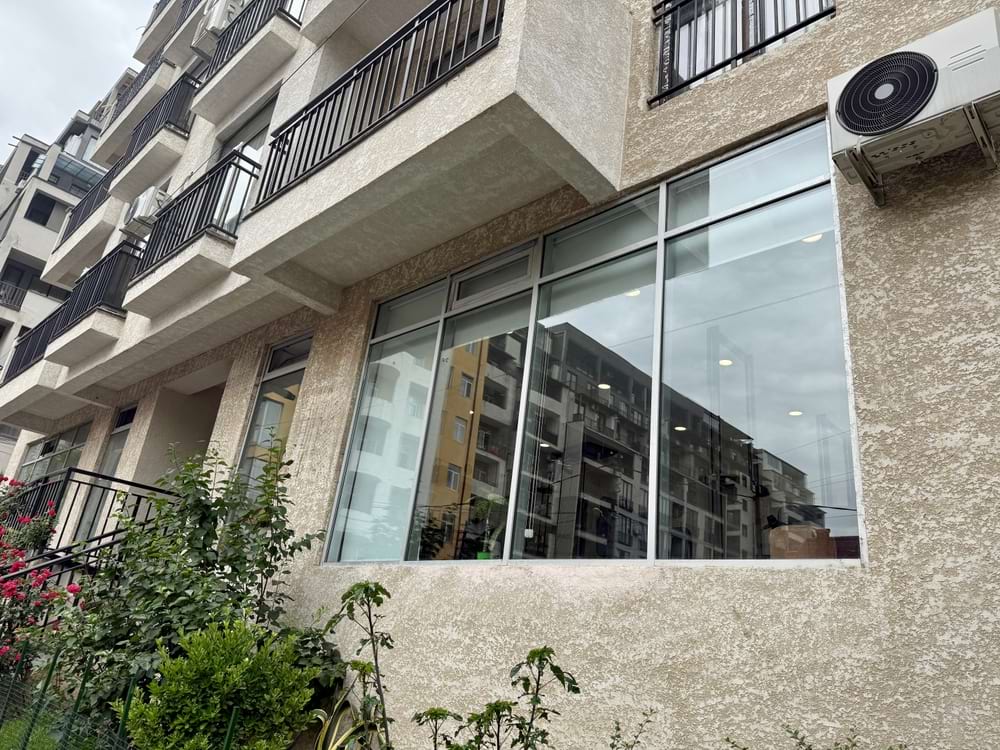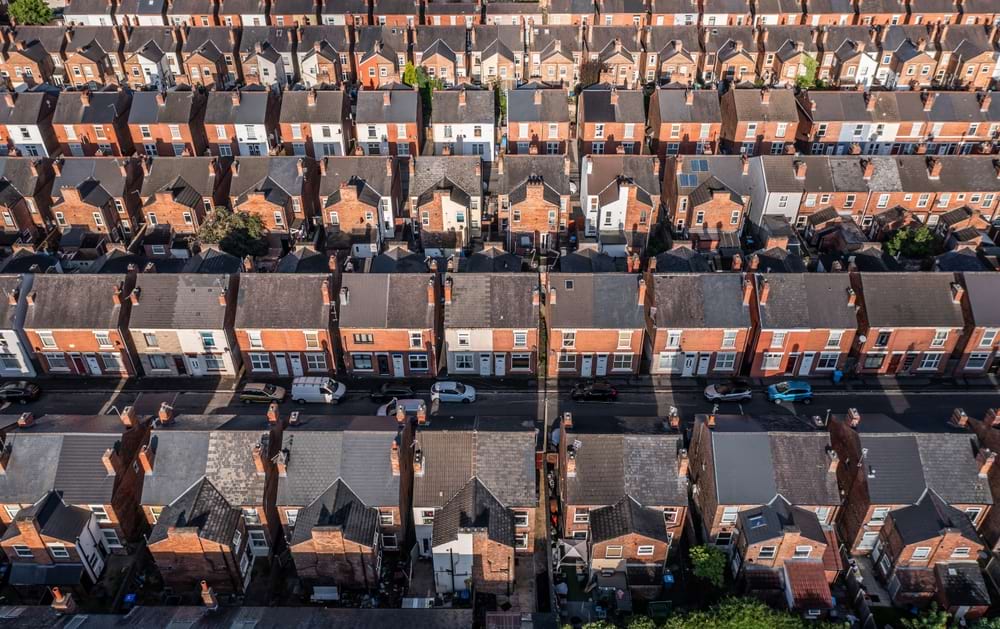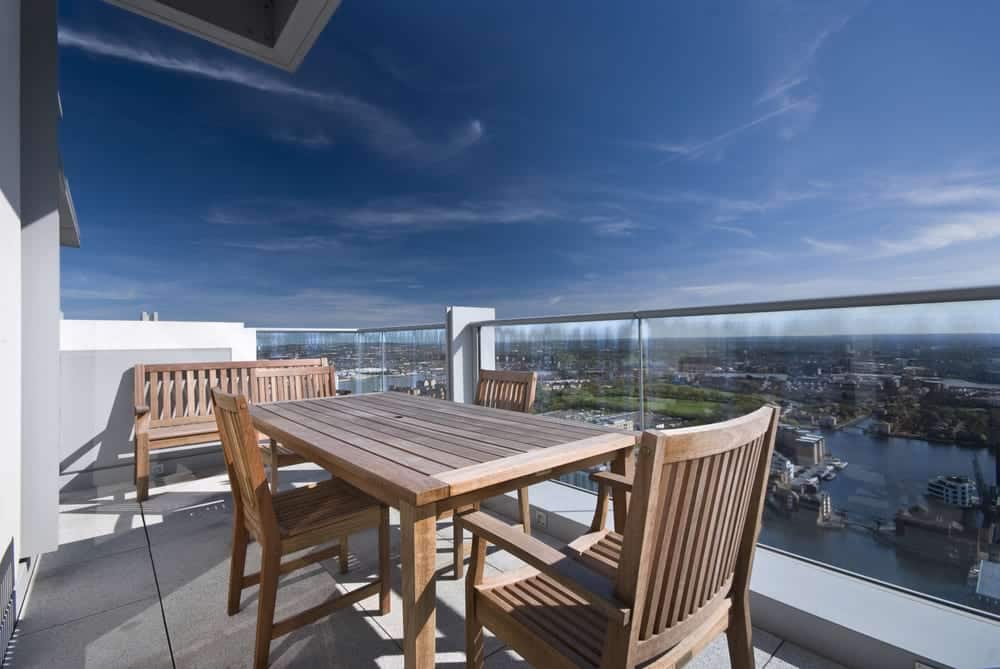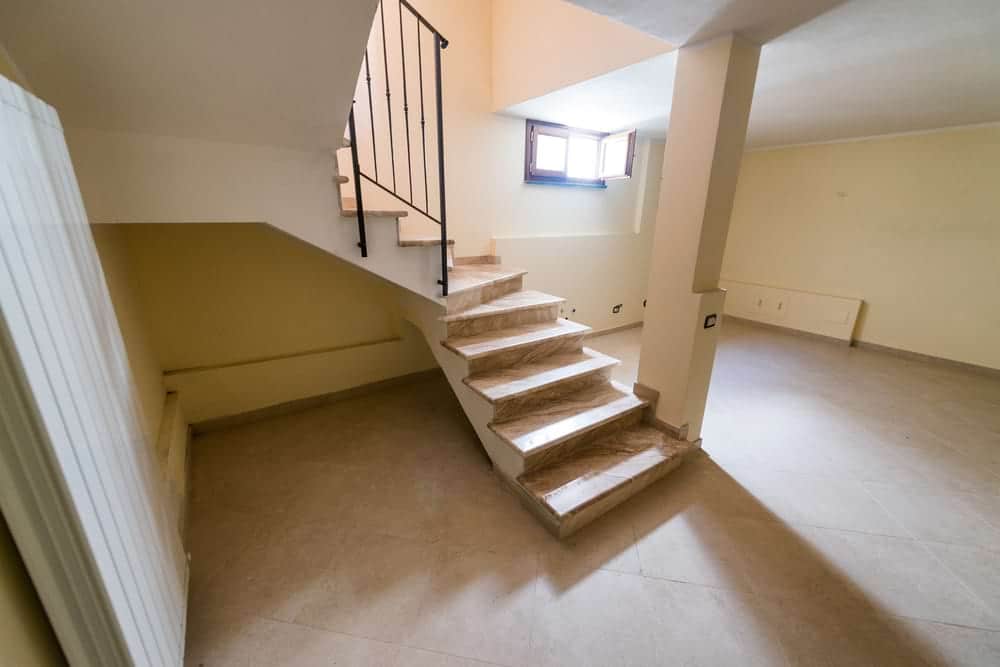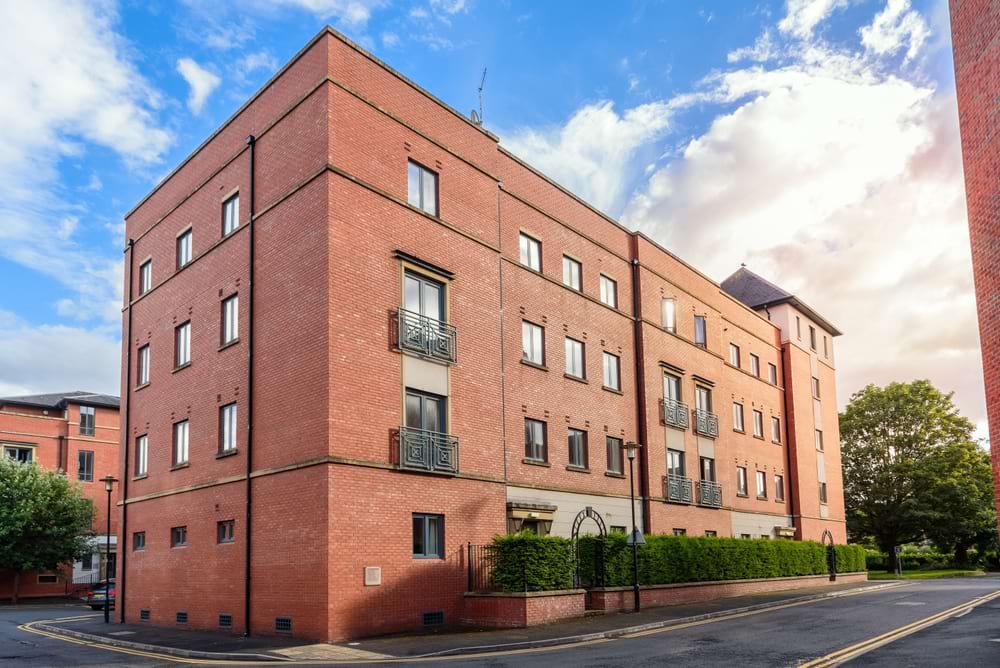You need to manage your costs carefully when buying a property.
Leasehold ownership requires you to make certain payments to your freeholder.
Ground rent is one of the most well-known examples of this.
Keep reading to find out more about it.
What is ground rent?
A freeholder charges ground rent to someone living in a property on their land.
The person that’s charged is known as the leaseholder. This arrangement is most often seen with flats.
You pay ground rent because your property is built on someone else’s land. So, the fee is your payment for being positioned on something they own.
The terms of any ground rent payments are outlined in the lease agreement. Once a leaseholder signs this, the terms become binding.
It will usually also explain how often the freeholder can increase ground rent payments and how much by.
Ground rent is one of the smaller payments that a leaseholder must pay. Service charge is another and is typically higher.
How much is ground rent on average?
Independent statistics show that the average ground rent payment is around £350 annually in the UK.
You will find significant fluctuation in this price in different parts of the market.
Ground rent tends to be slightly higher in London than the national average. And you often see higher payments for new build properties, as well.
Can you refuse to pay ground rent?
If your freeholder asks for ground rent payments, you must do this.
You should check the terms of your lease agreement as this will explain what your freeholder is allowed to do.
Once you fall into ground rent arrears, your freeholder can apply to take back ownership of your property.
This is known as forfeiture. Your freeholder will usually apply to the courts to be granted an eviction.
What is peppercorn ground rent?
Sometimes, you will find a freeholder who asks for peppercorn ground rent.
You aren’t alone if this phrase is unfamiliar to you…
It refers to a payment that’s extremely low. It usually appears because the freeholder isn’t bothered about collecting huge payments from this avenue.
Instead, they may collect as little as £10 per year, which is colloquially known as ‘peppercorn’.
Having a ground rent payment can make a lease agreement binding.
A freeholder may thus be required to include this in the contract, even if they aren’t too concerned about collecting it. It’s a box-tick exercise in this case.
Ways to avoid ground rent
If you don’t want to pay ground rent, then you have a couple of options available to you.
1. Apply to buy the freehold
Firstly, you could apply to buy the freehold of your house.
This is doable with semi-detached or terraced properties that are currently under leasehold ownership. Your freeholder may sell it to you for a price.
Once this happens, you don’t need to pay ground rent because you own the land.
2. Buy a share of freehold
You could also group with the other leaseholders to buy a share of freehold.
This means that you collectively buy the freehold and co-own it with each other. This will come at a price, so you may need to be ready to negotiate.
You and your co-freeholders may then need to agree on a service charge fee you’re all willing to pay – but you can make ground rent disappear.
3. Ask for ground rent to be removed
You could also contact your freeholder to ask for removal of ground rent payments. This can be done through a deed of variation.
This formal document outlines a change to your lease agreement and thus means you’re no longer required to pay ground rent.
Will ground Rent be abolished in the UK?
Lots of people in the United Kingdom consider ground rent to be unnecessary.
This feeling stretches to many members of parliament, too. This resulted in the ‘Leasehold Reform Act’ being passed in 2022 to introduce changes to the leasehold system.
Ground rent is prohibited for new residential leases of over 21 years. This applies to almost all new developments.
It doesn’t apply to existing leaseholds, though – at least, not at the time of writing.
The government plans to set a ground rent cap on all existing leases.
This cap will be a peppercorn. Ground rent may be gone once this becomes law in the next few years.
You should stay current with this subject to see when bills get passed in parliament.

